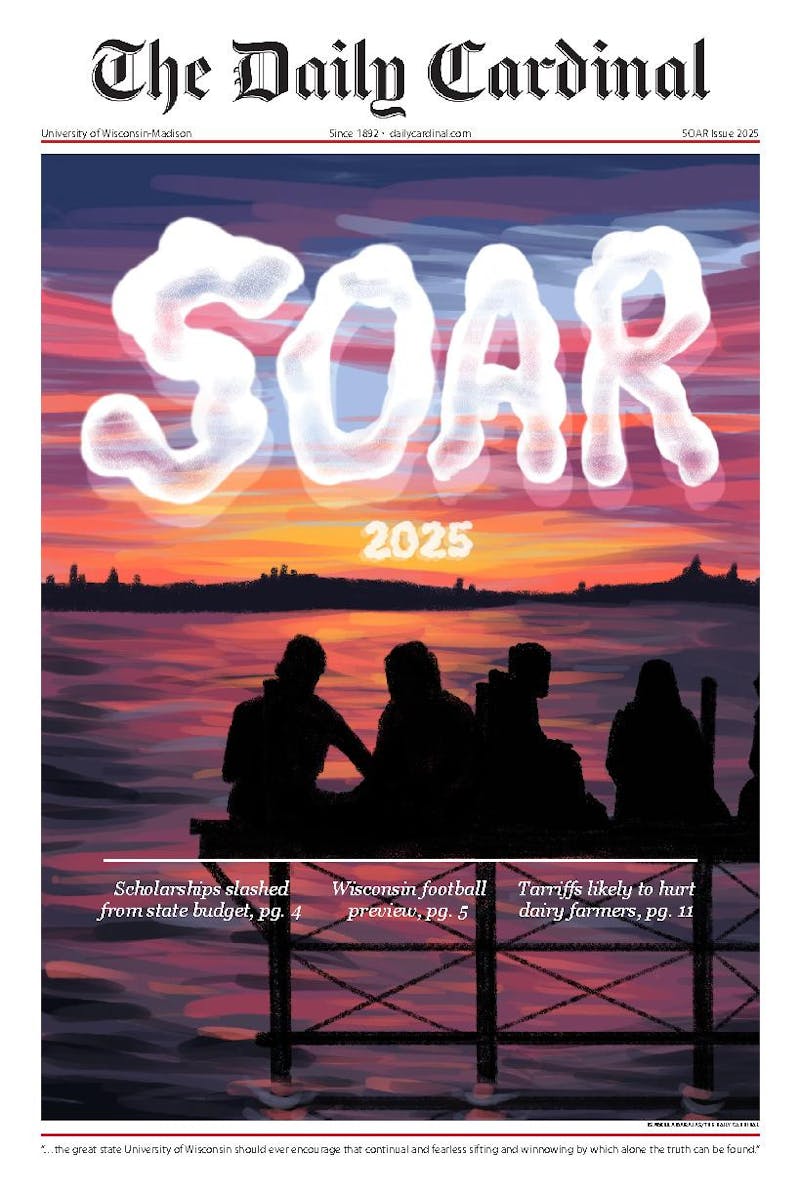A letter sent by a large group of black UW-Madison alumni drew a response from the university’s chief diversity officer, who said he hopes to work with the group to improve campus climate for students of color.
The group, known as the “Collective,” sent the letter to the UW-Madison administration in January. It details 10 “recommendations” for university actions to better the treatment of students of color on campus.
Patrick Sims, the university’s vice provost and chief diversity officer, and Leslie Orrantia, director of community relations, sent a letter to the group last week, thanking them for their “genuine investment in the critically important work of making UW-Madison a more inclusive place.”
Sims and Orrantia told the group they will work with them on diversity issues in the future by “engag[ing] in a collaborative meeting process.”
“We envision working alongside you to discuss our efforts in greater depth, talking about our progress, listening to your insights, and providing opportunities for you to inform continued improvement, including the creation of new initiatives where gaps may exist,” Sims and Orrantia said in the letter.
The Collective’s original letter, signed by over 160 black alumni, called on UW-Madison to “intentionally include diversity and inclusion throughout the student experience,” “require diversity and inclusion components throughout employee hiring, onboarding, and evaluation processes” and “create a robust response and support protocol to hate and bias incidents that is at least as sophisticated and interdepartmental as the campus sexual assault response protocol,” among other recommendations.
The letter also criticized UW-Madison’s response to an incident in October in which a spectator at a Wisconsin football game was photographed in a costume depicting former President Barack Obama wearing a noose. The university initially defended the spectator’s right to free speech.
In response to the group’s recommendation that the university “improve communication about diversity, inclusion, and climate progress, programs and initiatives,” Sims and Orrantia acknowledged that the school’s “communications to date about those initiatives haven’t been great,” and invited the Collective to a quarterly phone call to discuss possible solutions.
“We’ll begin our first call by listening to your recommendations, hearing your concerns, and sharing a detailed overview of the initiatives that fit within your recommendations,” Sims and Orrantia wrote. “[This will] put us on the same page and ensure our work is most effective.”






